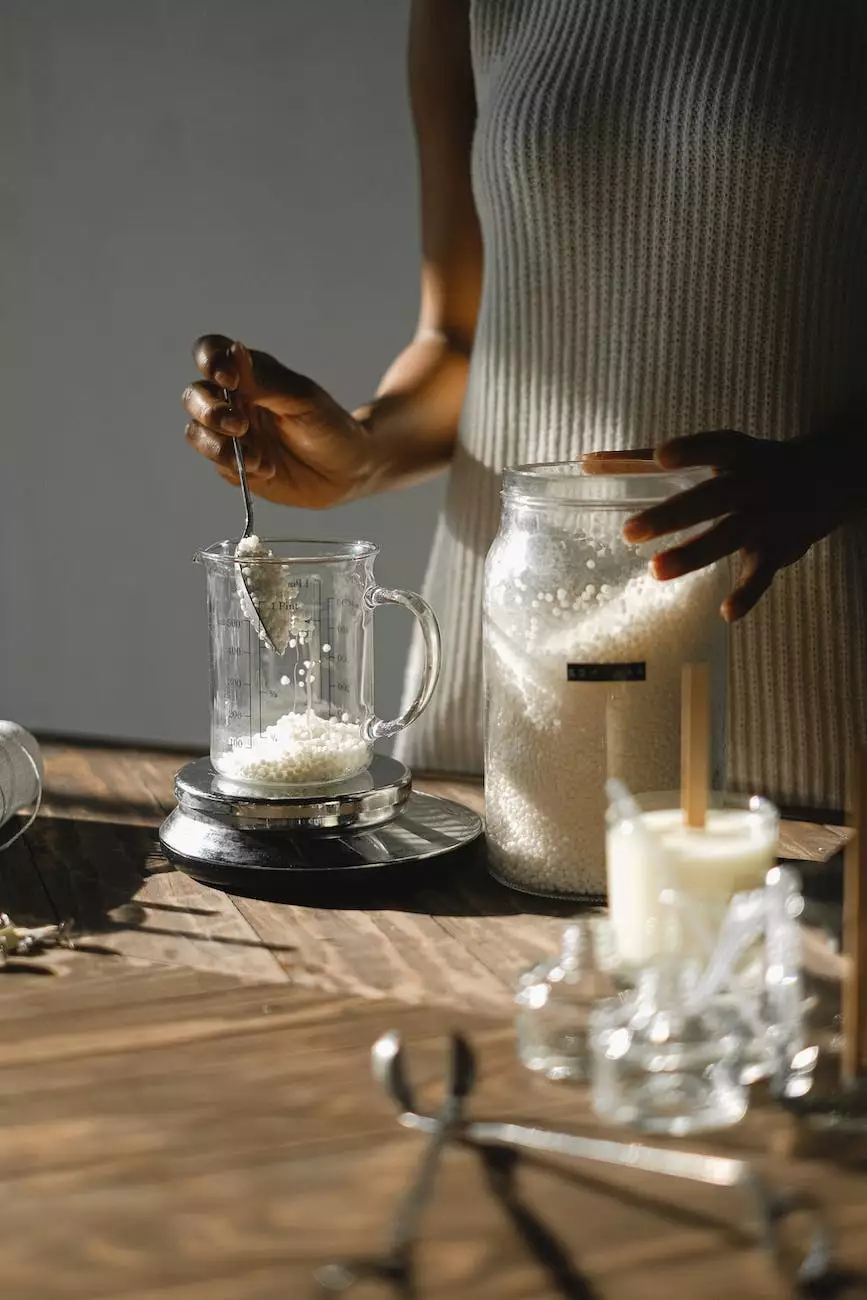Mold FAQ - Deck Waterproofing

Why Is Mold a Concern for Homeowners?
Mold is a type of fungus that can grow in damp areas of your home or garden. It thrives in moist conditions and can cause various health problems, especially for individuals with respiratory issues or allergies. Mold can also damage surfaces, deteriorate the structural integrity of buildings, and lead to costly repairs. It's crucial to address mold issues promptly to ensure a healthy living environment and preserve the condition of your property.
What Are the Common Causes of Mold Growth?
Mold requires specific conditions to grow and spread. The most common causes of mold growth include:
- Excessive humidity levels
- Water leaks or intrusion
- Poor ventilation
- Condensation build-up
- Damp basements or crawlspaces
- Flooding or water damage
- Persistent moisture in bathrooms or kitchens
How Can I Prevent Mold in My Home and Garden?
Preventing mold growth starts with controlling moisture and maintaining a dry environment. Here are some tips to help you prevent mold:
- Keep indoor humidity levels between 30-50%
- Repair any water leaks or plumbing issues promptly
- Ensure proper ventilation in areas prone to moisture, such as bathrooms and kitchens
- Use exhaust fans or dehumidifiers in high-humidity areas
- Regularly clean and dry carpets, rugs, and upholstery
- Avoid overwatering indoor plants
- Direct water away from the foundation of your home
- Inspect and maintain your roof, gutters, and drainage systems
- Trim trees and bushes to allow proper airflow and reduce shade
How Do I Identify Mold Growth in My Home?
Mold can often be identified by its appearance and musty odor. Some signs of mold growth include:
- Visible black or green patches on walls, ceilings, or other surfaces
- A musty, earthy smell in certain areas of your home
- Allergic reactions, such as sneezing, coughing, or irritated eyes
- Presence of water stains or discoloration
- Peeling or bubbling paint or wallpaper
- Warped or damaged materials
- Unexplained respiratory issues or worsening of existing respiratory conditions
How Can I Safely Remove Mold?
While small areas of mold can often be handled by homeowners, larger infestations or extensive mold growth may require professional assistance. Here are some general guidelines for mold removal:
- Wear protective gear, including gloves, goggles, and a mask, to prevent exposure to mold spores
- Contain the affected area to prevent further contamination
- Use appropriate cleaning solutions or mold-specific cleaners
- Scrub the mold gently, ensuring you reach all affected surfaces
- Dry the area thoroughly and fix any underlying moisture issues
- Dispose of any mold-infected materials properly
- Monitor the area for any signs of recurring mold growth
When Should I Seek Professional Mold Remediation Services?
If you're dealing with a large-scale mold problem, hidden mold growth, or if you have any concerns regarding potential health risks, it's recommended to consult a professional mold remediation service. They have the expertise, equipment, and experience to handle extensive mold removal safely and efficiently. Professional remediation can ensure a thorough cleanup, prevent further damage, and help protect the health of you and your loved ones.
Conclusion
Mold growth can significantly impact the health and integrity of your home and garden. By understanding the common causes, taking preventive measures, and knowing how to identify and handle mold issues effectively, you can maintain a mold-free living environment. If you encounter extensive mold growth or have concerns about the safety of the remediation process, it's best to seek the assistance of a qualified mold remediation professional like Deck Waterproofing. Our expertise in mold prevention and remediation can help you maintain a healthy and safe home.




